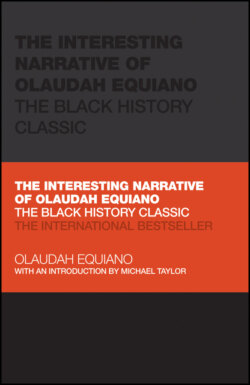Читать книгу The Interesting Narrative of Olaudah Equiano - Olaudah Equiano - Страница 13
EQUIANO AND ECONOMICS
ОглавлениеThe Narrative contains plenty of nods and winks to the prevailing intellectual fashions of the age. One of these is stadial theory, which was favoured by Equiano's contemporary, the Scottish founder of modern economics, Adam Smith. The theory held that all societies passed through four stages of development, from hunting and gathering through pastoral then arable farming, to commercial trading. This arc is apparent in Equiano's own progress through life.
Economic thinking also finds expression in Equiano's comments on the effects of European commerce. He recognises, for instance, that wars among African nations were often incited ‘by those traders who brought the European goods … amongst us’, and he rues that ‘such a mode of obtaining slaves in Africa is common’. The economic imbalance to these transactions was palpable: ‘When a trader wants slaves’, Equiano continues, ‘he applies to a chief for them, and tempts him with his wares. It is not extraordinary if … he accepts the price of his fellow creatures’ liberty with as little reluctance as the enlightened merchant’.
Equiano wrote to the President of Britain's Board of Trade to encourage the extension of its imperial market into Africa, and the closing passages of the Narrative explore the possibility of ‘legitimate commerce’ acting as an economic means of eradicating the slave trade. If British merchants would trade in African manufactures and not in people, the thinking went, the prime incentive to enslave would dissipate. ‘A commercial intercourse with Africa’, Equiano writes, ‘opens an Inexhaustible source of Wealth to the manufacturing Interest of Great Britain; and to all which the slave trade is an objection.’ In other words, Equiano was a promoter of free trade; his own activity as a trader had helped him buy his freedom.
Finally, there is also in the Narrative more than a hint of the Smithian economics that would inform Thomas Malthus's ideas about economics and population: ‘If the blacks were permitted to remain in their own country’, Equiano says, ‘they would double themselves every fifteen years’.
